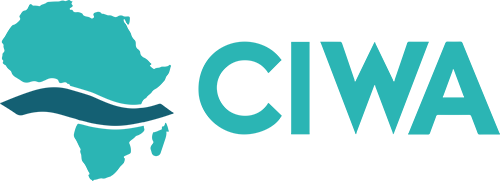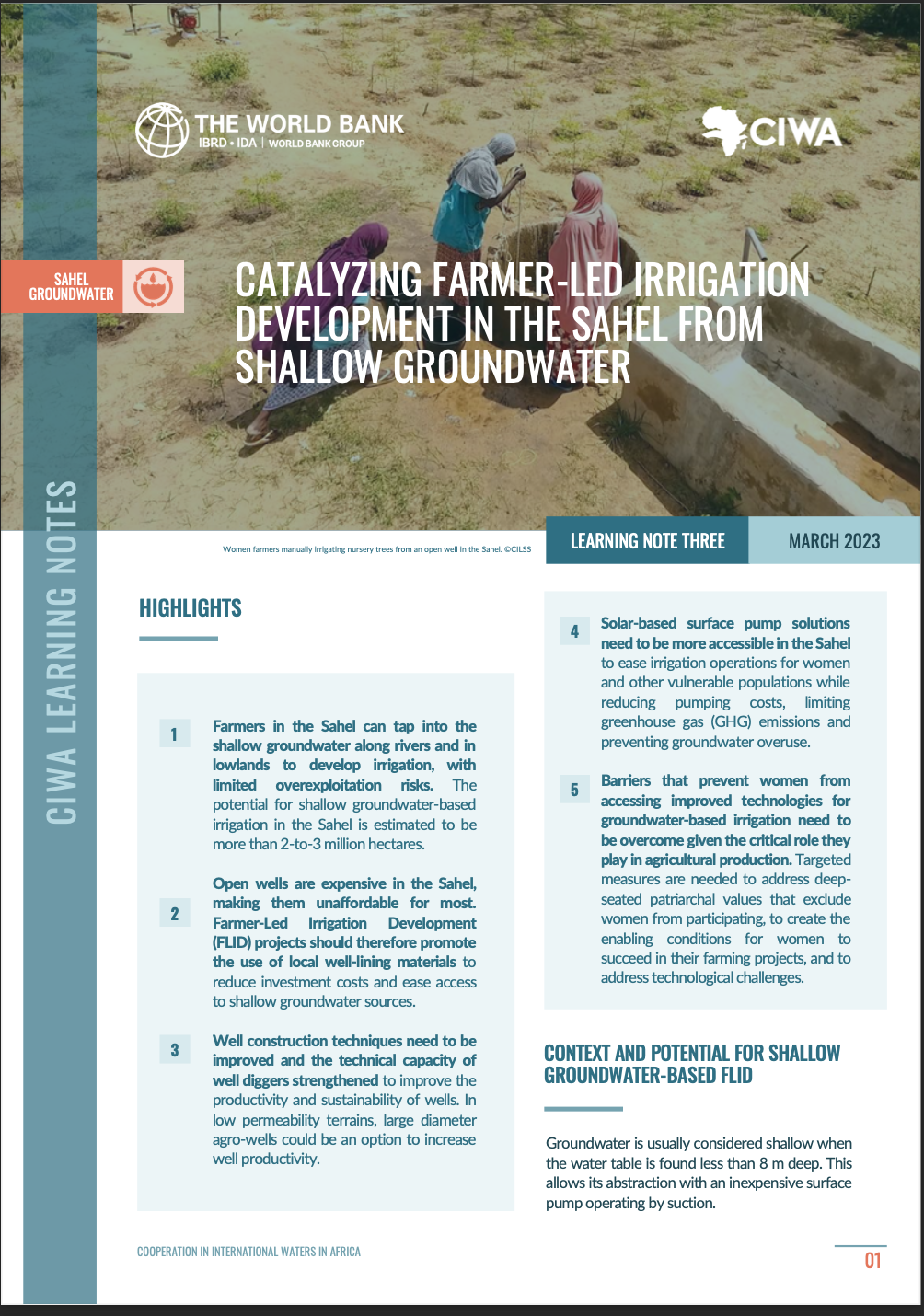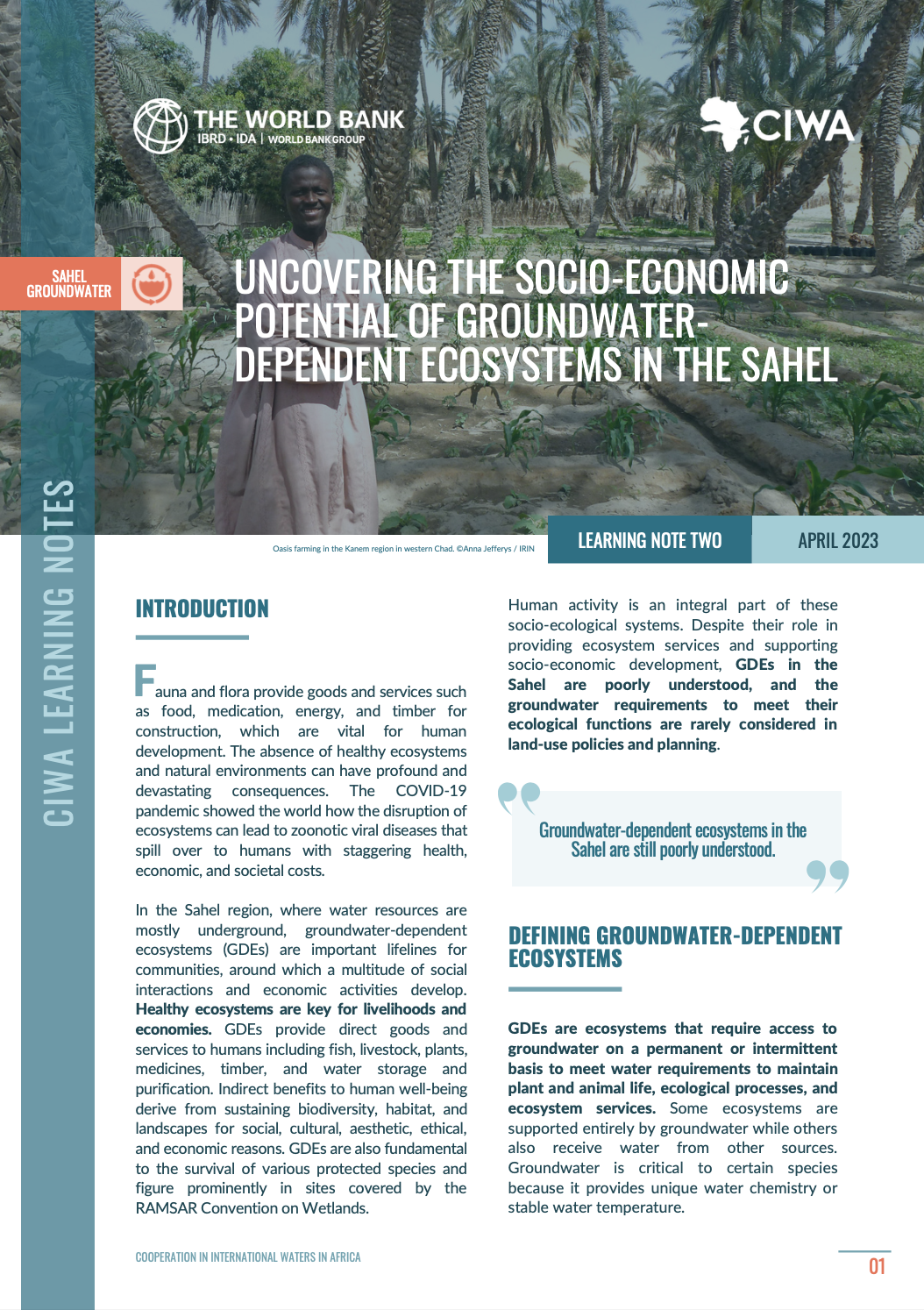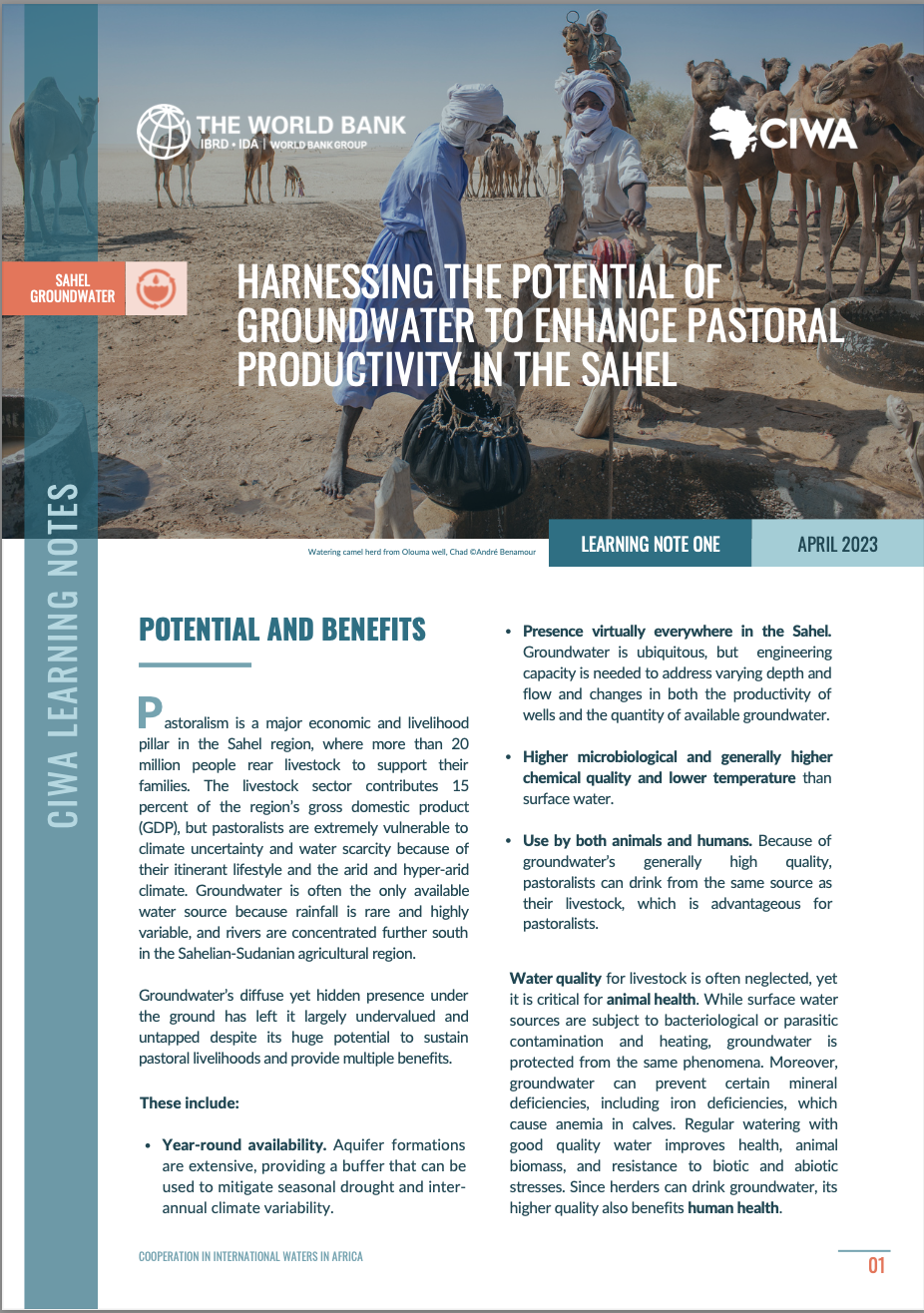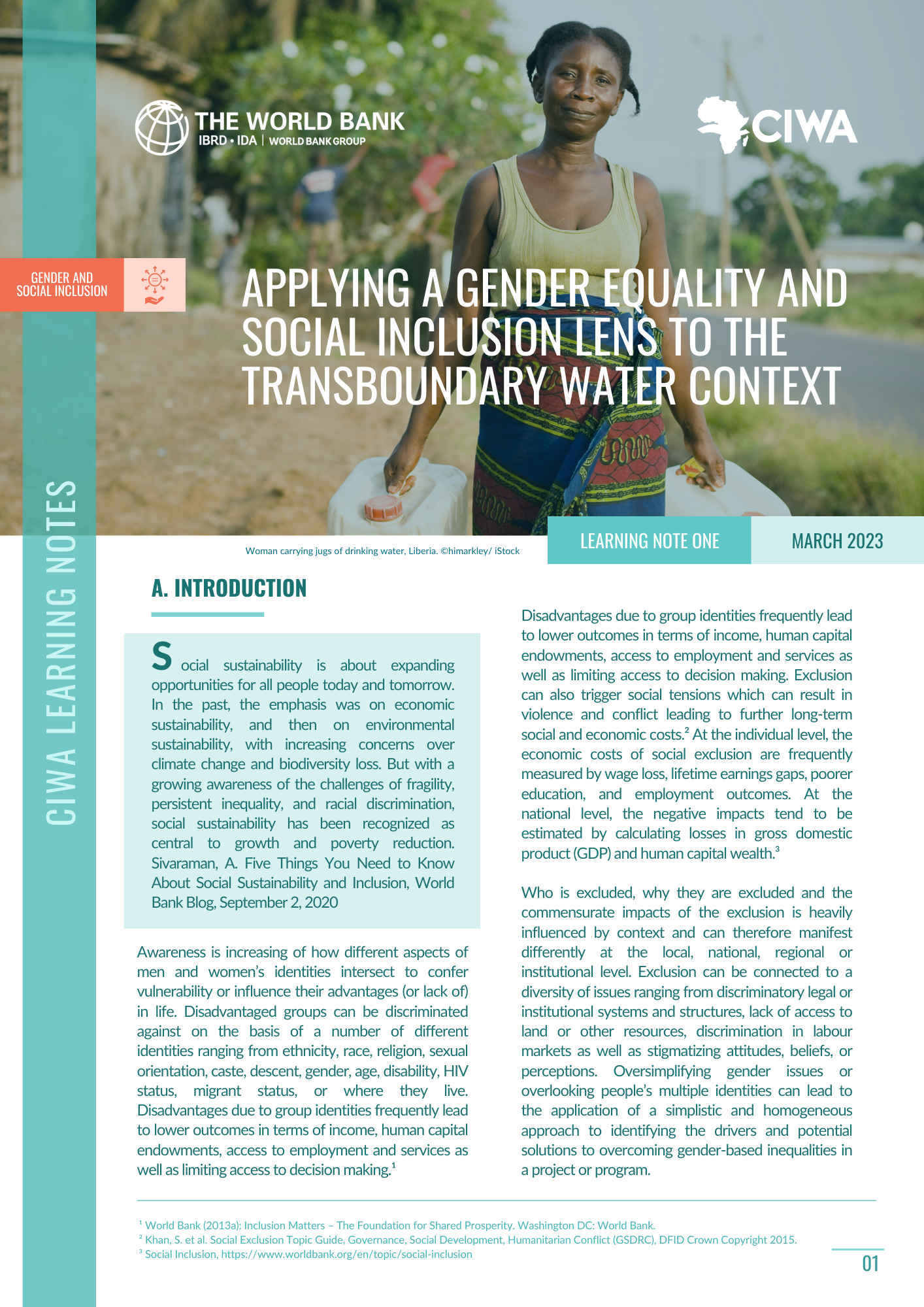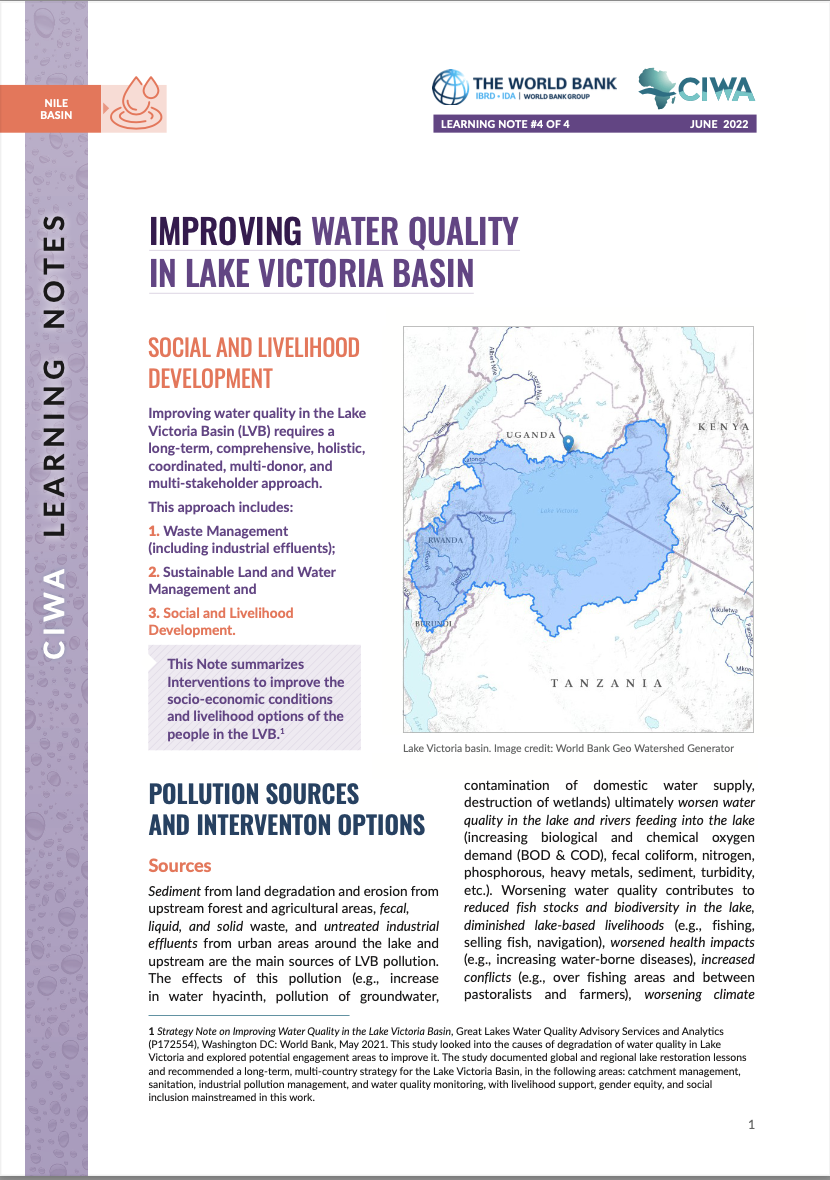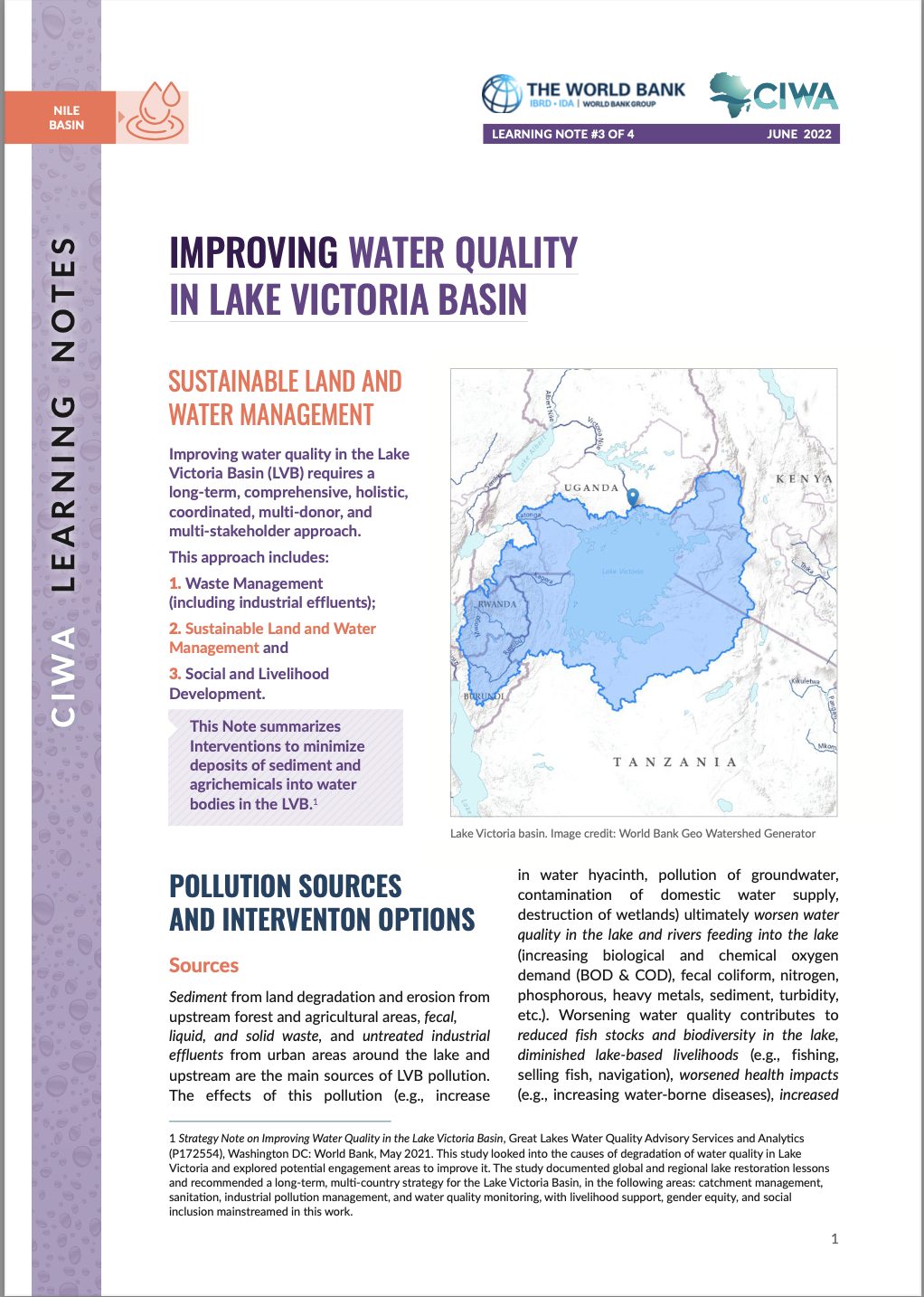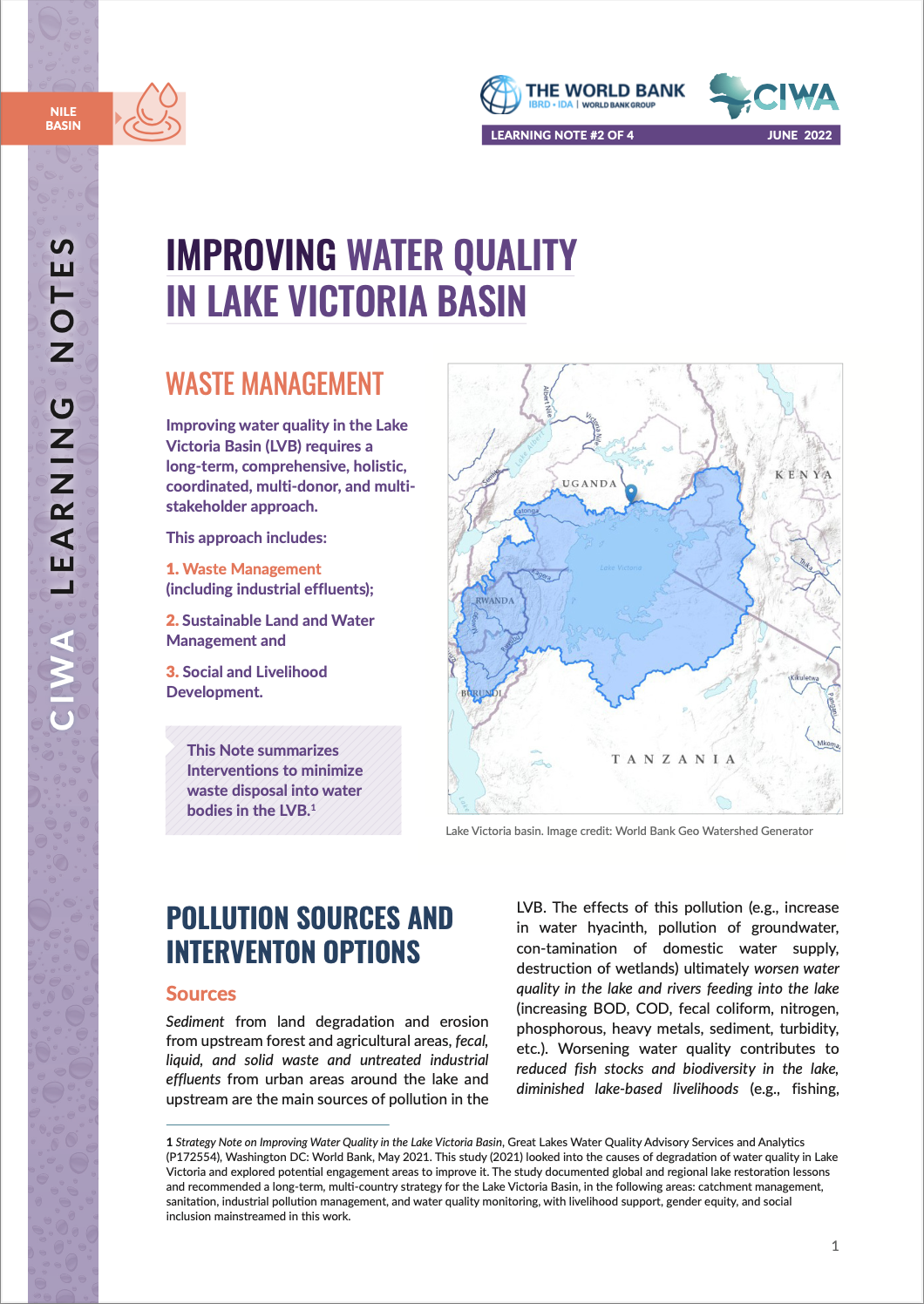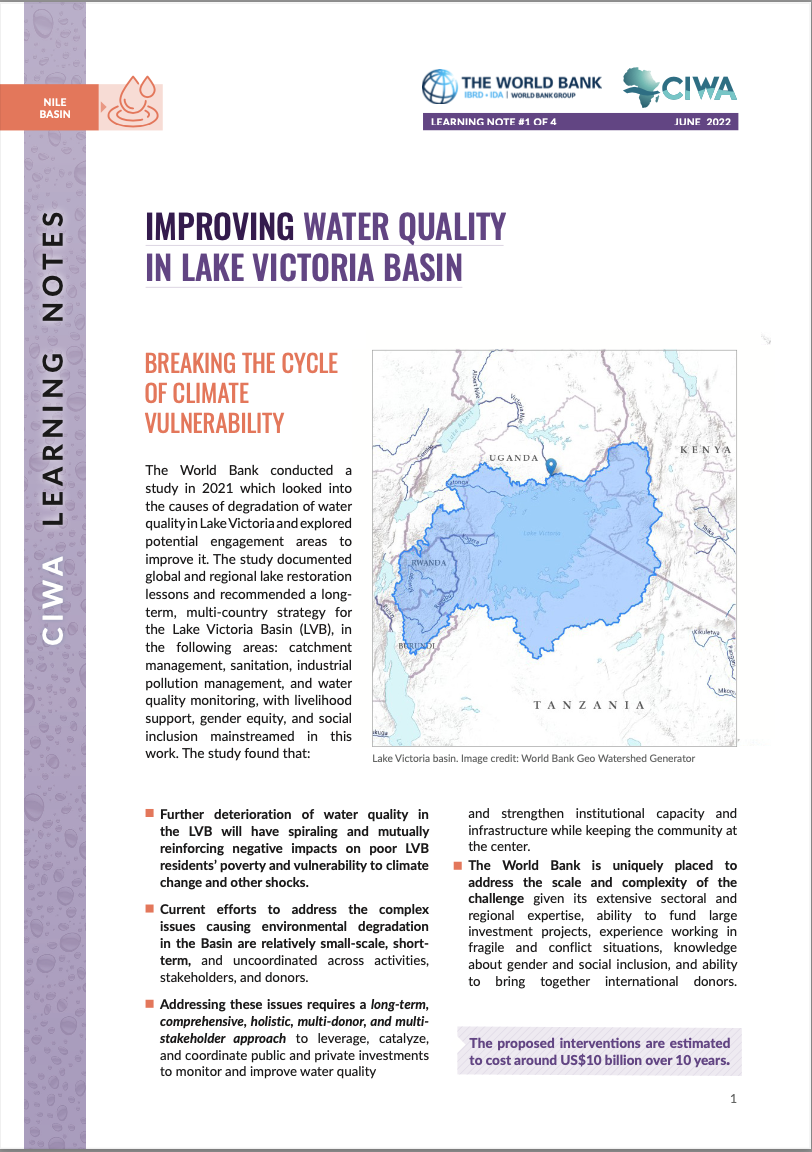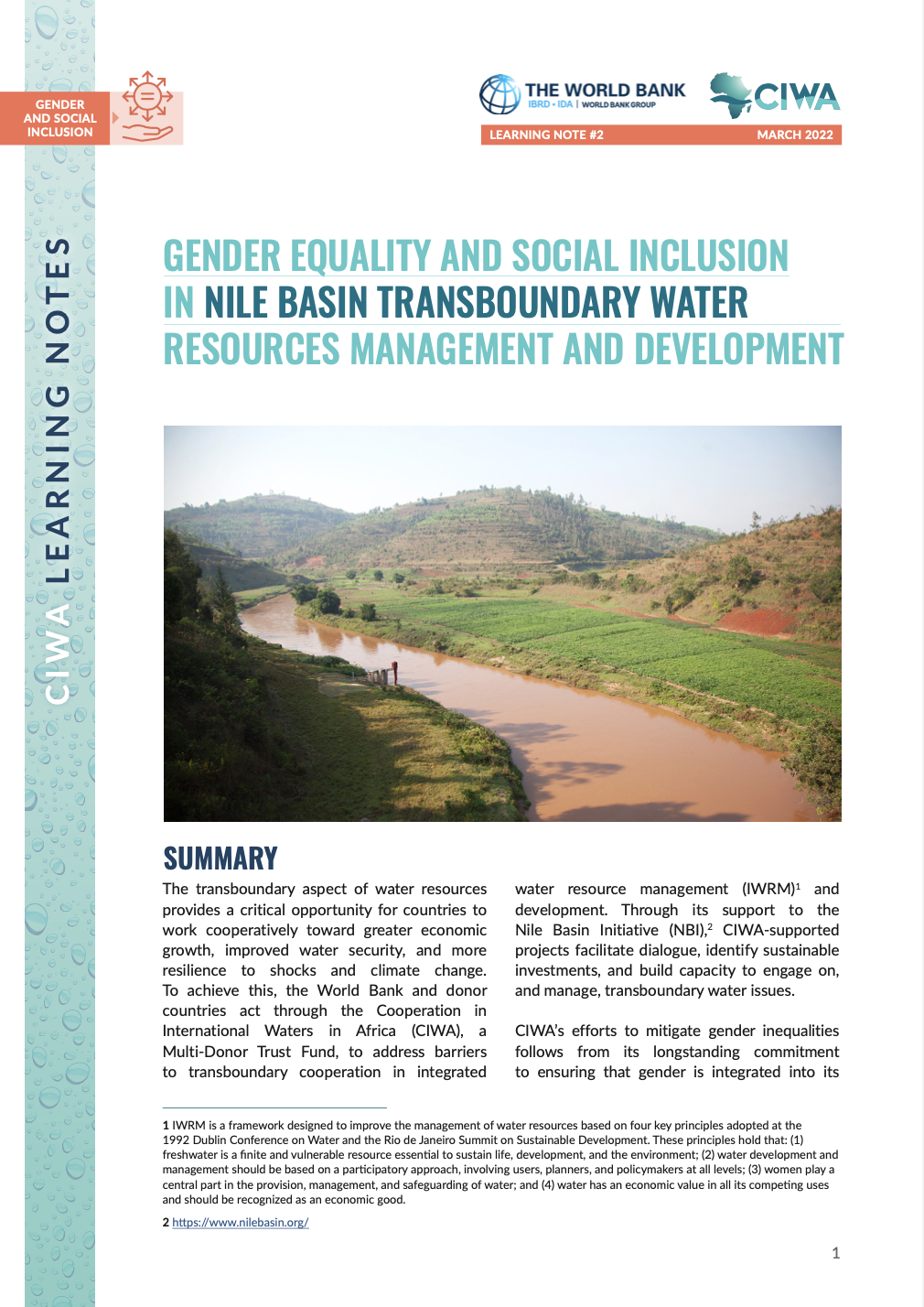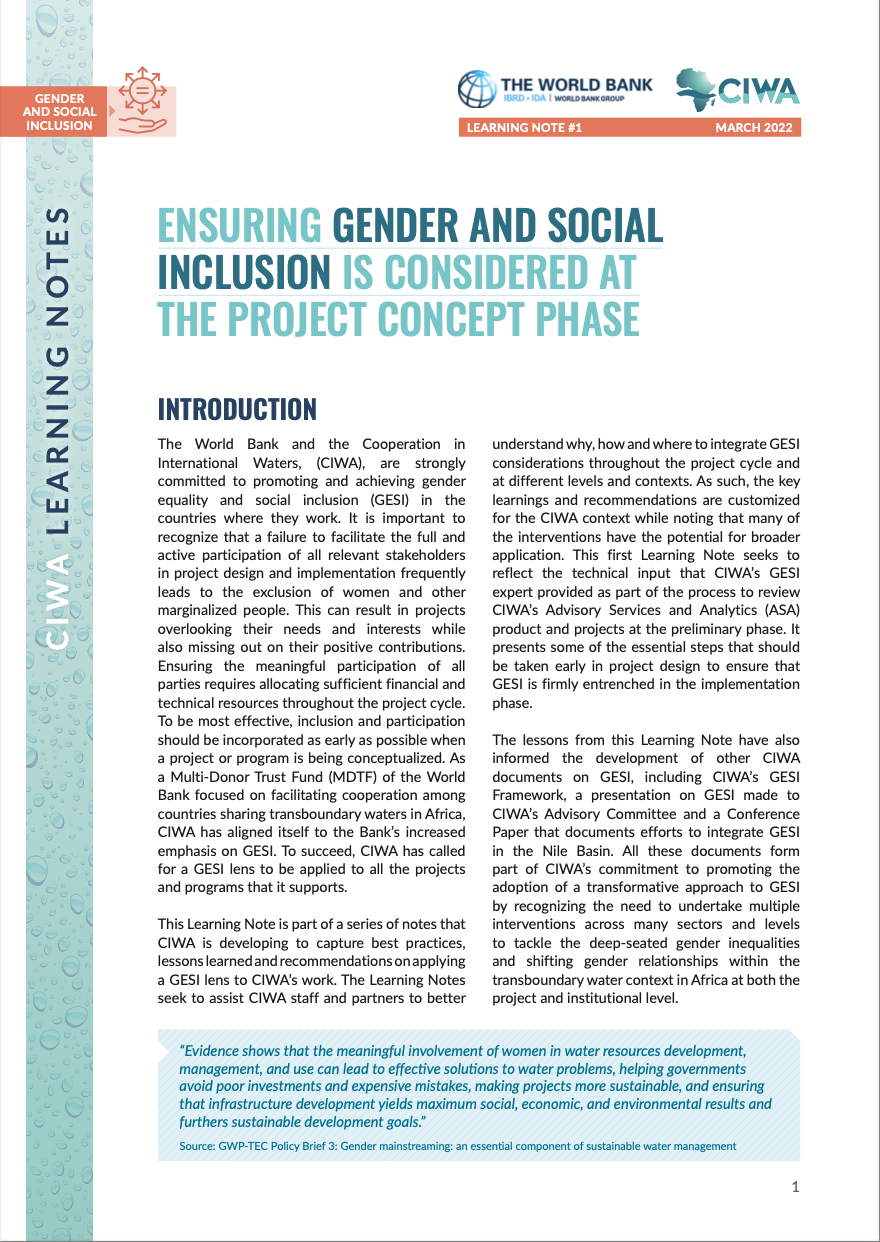CIWA Learning Note: Catalyzing Farmer-Led Irrigation Development in the Sahel from Shallow Groundwater
The key findings from the work on shallow groundwater for FLID in the Sahel are outlined in Learning Note #3 of the Sahel Groundwater Learning Note series.
CIWA Learning Note: Uncovering the socio-economic potential of groundwater-dependent ecosystems in the Sahel
In the Sahel region, where water resources are mostly underground, groundwater-dependent ecosystems (GDEs) are important lifelines for communities, around which a multitude of social interactions and economic activities develop. Read our new Learning Note.
CIWA Learning Note: Harnessing the Potential of Groundwater to Enhance Pastoral Productivity in the Sahel
Read our new CIWA Learning Note on how Groundwater coud contribute to sustain pastoral livelihoods and provide multiple benefits in the Sahel region.
CIWA Learning Note: Applying a Gender Equality and Social Inclusion Lens to the Transboundary Water Context
This Learning Note highlights key lessons and best practices related to the integration of a social inclusion perspective into CIWA’s work. The Learning Note draws upon CIWA’s own approach and experience undertaking GESI analysis by documenting specific steps that were taken at the project development phase of transboundary water projects.
Improving Water Quality in Lake Victoria Basin: Social and Livelihood Development
The CIWA’s Lake Victoria Basin Learning Notes Series gives an overview of the causes of degradation of water quality in Lake Victoria and explores potential engagement areas to improve it. Based on a World Bank study, those notes go over global and regional lake restoration lessons and the recommended long-term and multi-country strategy.
Improving Water Quality in Lake Victoria Basin: Sustainable Land and Water Management
The CIWA’s Lake Victoria Basin Learning Notes Series gives an overview of the causes of degradation of water quality in Lake Victoria and explores potential engagement areas to improve it. Based on a World Bank study, those notes go over global and regional lake restoration lessons and the recommended long-term and multi-country strategy.
Improving Water Quality in Lake Victoria Basin: Waste Management
The CIWA’s Lake Victoria Basin Learning Notes Series gives an overview of the causes of degradation of water quality in Lake Victoria and explores potential engagement areas to improve it. Based on a World Bank study, those notes go over global and regional lake restoration lessons and the recommended long-term and multi-country strategy.
Improving Water Quality in Lake Victoria Basin: Breaking the Cycle of Climate Vulnerability
The CIWA’s Lake Victoria Basin Learning Notes Series gives an overview of the causes of degradation of water quality in Lake Victoria and explores potential engagement areas to improve it. Based on a World Bank study, those notes go over global and regional lake restoration lessons and the recommended long-term and multi-country strategy.
Gender Equality and Social Inclusion in Nile Basin Transboundary Water Resources Management and Development
This CIWA Learning Note focuses on capturing lessons learned and recommendations from CIWA’s support to NBI’s gender equality work from 2012 through 2020. This support was provided primarily through the Nile River Basin Support Program and the complementary project, Nile Cooperation for Results. Since support to the NBI operated at both the project and institutional levels, this Note considers lessons learned from past promotion of gender equality and acknowledges the practical realities of sustaining financial and technical contributions to address gender inequalities in a transformative way.
Ensuring Gender and Social Inclusion is Considered at the Project Concept Phase
The CIWA Learning Notes form part of CIWA’s commitment to promoting the adoption of a transformative approach to GESI by recognizing the need to undertake multiple interventions across many sectors and levels to tackle the deep-seated gender inequalities and shifting gender relationships within the transboundary water context in Africa at both the project and institutional level.
